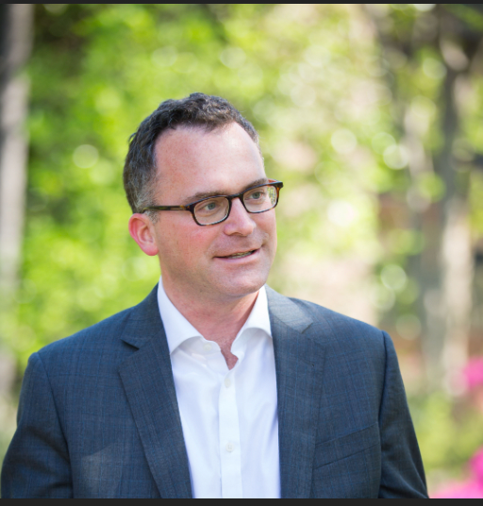Policy Webinar
Webinar, 5th February 2024, 12pm (Eastern Time), via ZOOM.
How can philosophers of science contribute to and influence global governance?
Lessons from climate policy at IPCC and United Nations Conference of the Parties (COP28)
A webinar in conversation with Professor Michael Weisberg (University of Pennsylvania)
Chair: Michela Massimi
Chair: Michela Massimi
What can philosophers of science contribute to science policy? How can they influence global governance of science? In recent years. philosophers of science have actively contributed to debates surrounding climate change, soil and food security, AI, environmental pollution, misinformation in democratic societies, mental health, among many others socially pressing issues. But how to navigate this complex landscape between academic research and socially engaged topics? How to engage with policy makers beyond academia? How to produce academic work that is relevant to ongoing policy discussions and has the potential to inform and influence them?
Philosophy graduate students are often praised for having a set of transferable skills including analytic and effective communication skills. But students are not usually trained to think of their academic research as potentially feeding into science policy and global governance. In this webinar we explore these questions with Professor Michael Weisberg in light of his current work with policy-makers in the context of climate change. Come and join us and ask questions about all you always wanted to know how to make philosophy of science relevant to science policy and climate governance.
BIO
 Michael Weisberg is interim director of Perry World House, as well as Bess W. Heyman President’s Professor and Chair of Philosophy at the University of Pennsylvania. A philosopher of science and senior negotiator at United Nations Climate Conferences, he is editor-in-chief of Biology and Philosophy, director of the Penn Laboratory for Understanding Science, and director of the Galápagos Education and Research Alliance. He is the author of Simulation and Similarity: Using Models to Understand the World, co-author of the landmark photographic study Galápagos: Life in Motion, and a contributing author to the Intergovernmental Panel on Climate Change's Sixth Assessment Report. Professor Weisberg also serves as senior adviser to the Maldivian Minister of Environment and advisor to the Maldivian Ambassador to the United Nations.
Michael Weisberg is interim director of Perry World House, as well as Bess W. Heyman President’s Professor and Chair of Philosophy at the University of Pennsylvania. A philosopher of science and senior negotiator at United Nations Climate Conferences, he is editor-in-chief of Biology and Philosophy, director of the Penn Laboratory for Understanding Science, and director of the Galápagos Education and Research Alliance. He is the author of Simulation and Similarity: Using Models to Understand the World, co-author of the landmark photographic study Galápagos: Life in Motion, and a contributing author to the Intergovernmental Panel on Climate Change's Sixth Assessment Report. Professor Weisberg also serves as senior adviser to the Maldivian Minister of Environment and advisor to the Maldivian Ambassador to the United Nations. More info: https://philosophy.sas.upenn.edu/people/michael-weisberg